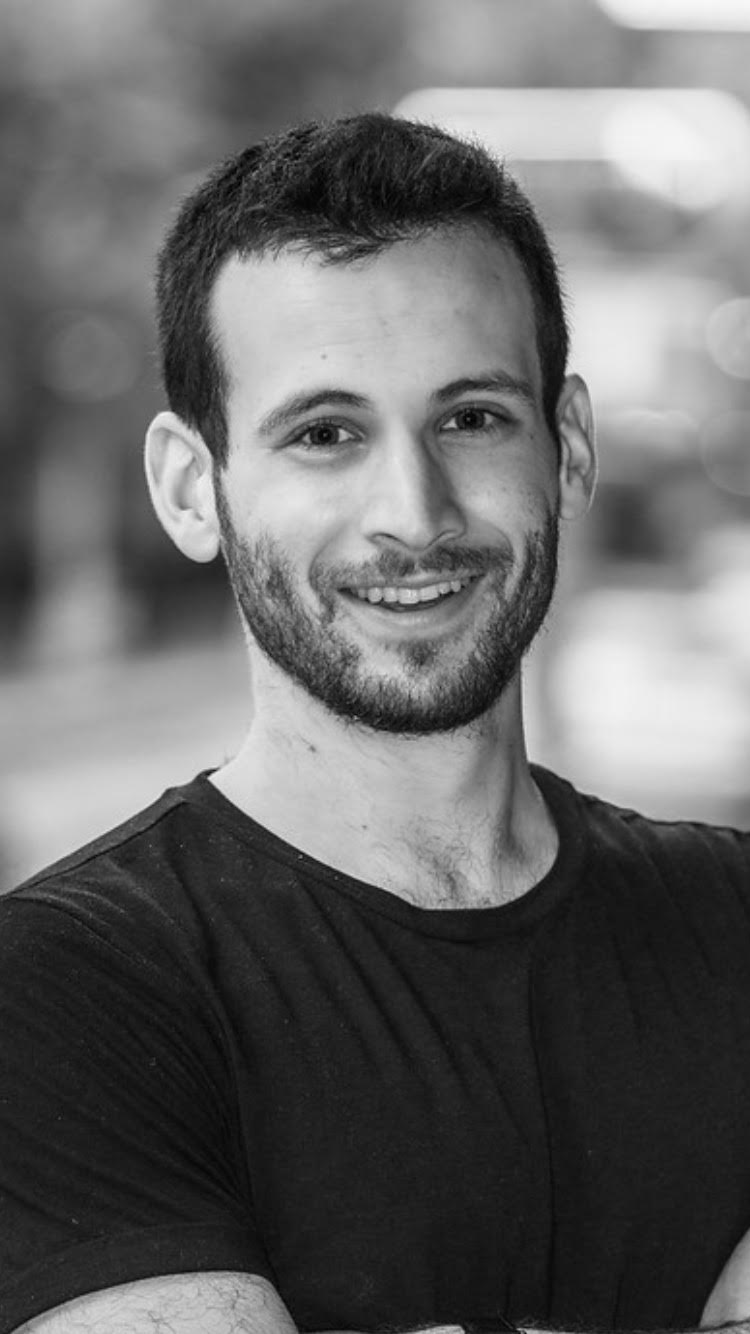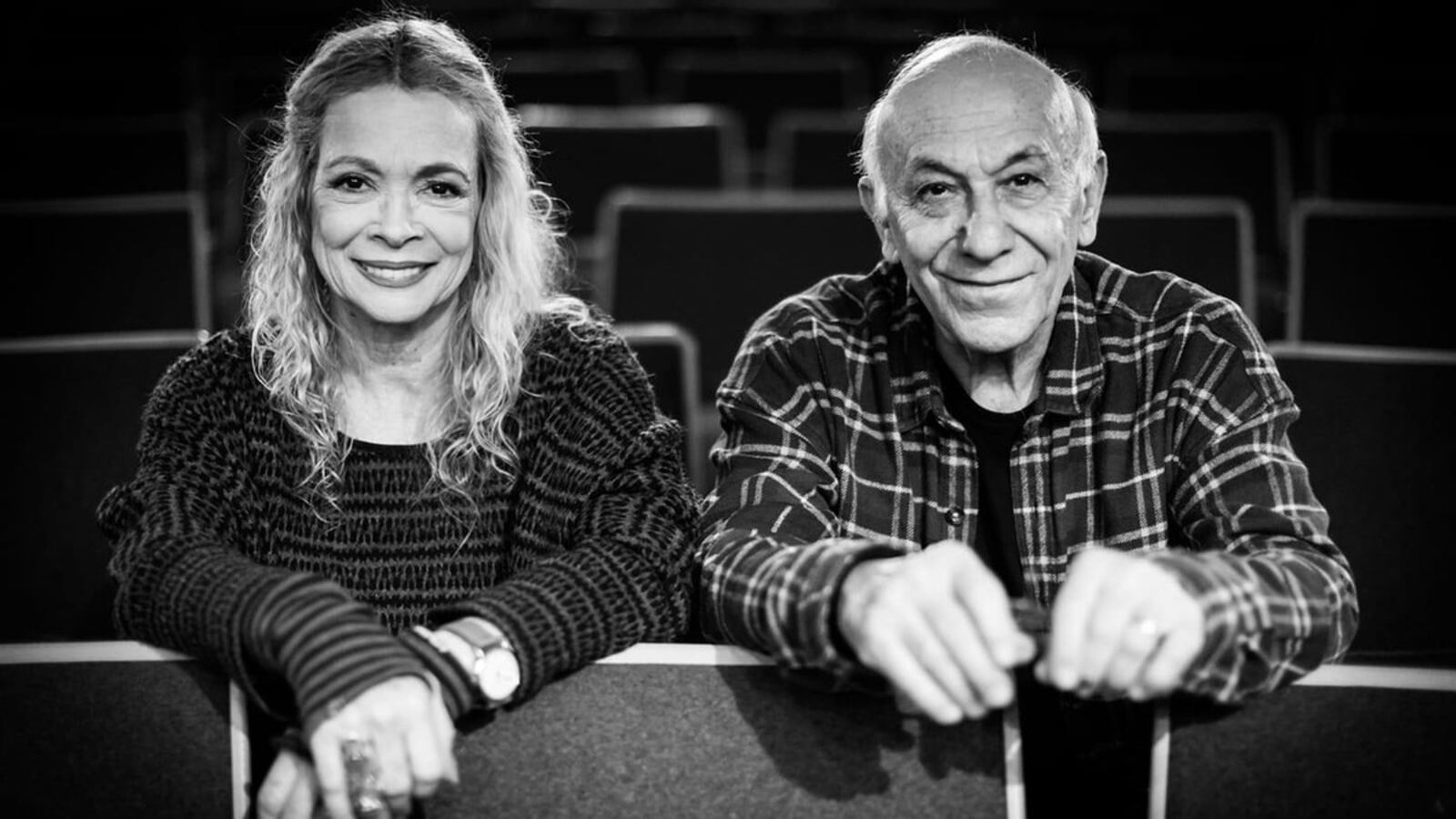Ziva Geva Raiman Rimon was born in 1941 in the Ural mountains, on the run.
Her mother and several other family members were fleeing eastward and spent most of World War II running further and further from Europe. Along the way, through harsh and miserable Siberia, several family members perished. Her father, who was a soldier in the Red Army, was killed by Nazi soldiers at Stalingrad.
When the war was over, they came home to a brutally anti-Semitic, Ukrainian-controlled Rivne, and were told to leave, or else. Soon after, Ziva’s mother died of an illness.
Ziva migrated to Israel on her own in 1950, when she was 8 years old, and started a new life there, along with hundreds of thousands of Jews like her fleeing post-war Soviet republics.
Although, like many others, Ziva tried to forget her life before Israel, she held several jobs in different government welfare departments working with Holocaust survivors.
“I never considered myself to be a Holocaust survivor because I was just a baby,” Ziva said. “But in 2018, when my grandchildren went to Poland on a school trip and came back asking me questions about the war, we went back together to find my mother’s grave, and I started to tell them my story.”
Soon after, she became a part of Testimony Theater, a program that brings together Holocaust survivors and middle-schoolers in a yearlong process of storytelling and drama-therapy. The project culminates in a play where the teens portray the survivors’ stories, while the survivors narrate from the back of the stage.
The program has seen over 70 projects to completion since its foundation in 1999, working closely with organizations for senior citizens like Eshel that match them with Testimony Theater.

A performance in January 2020, with Ziva Geva Raiman Rimon, first from the left, front row.
Sara Salamon“There are multiple projects that bring Holocaust survivors to an audience or to talk in front of a camera in sessions that take a few hours at a time. They tell the hardest parts of their personal history, painful moments of unbelievable cruelty. After so many years, they relive the trauma and then are left alone. We want to make sure we are avoiding doing exactly that,” said Irit Dagan, Testimony Theater’s creator and director.
Irit and her husband Ezra Dagan, the program’s co-creator, are both actors and directors who themselves are children of Holocaust survivors, or what Israelis call “second generation survivors.” Irit has a degree in drama therapy, and Ezra is a well-known actor in Israel, best known for his memorable role in the movie Schindler’s List.
“The participants in Testimony Theater are going through a process,” Ezra said. “We do not let anyone ‘puke’ their story out. We want to protect them from spitting out the whole traumatic story, and to protect the kids who would hear it.”
The bulk of the time the participants spend together consists of weekly sessions with Irit, half a dozen survivors, and around ten teens, where they are encouraged to get to know each other.
“Every project starts with a period of introduction. As therapists, we understand that this encounter is strange. Fourteen-year-olds do not hang out with elderly people. Their only connection with older generations are maybe their teachers at school or their parents,” said Irit. “Our goal in the first meetings is to create a safe space for everybody to share and to be ready to hear others tell their stories.”
Irit and Ezra work closely with a psychologist who monitors the process as a silent participant. They consult with this professional for recommendations about how to facilitate and adjust along the way.
“For example, we bring a box with toys to the group, and we ask each participant to take one. There are dolls, robots, rattles, even some kind of religious objects. Every participant picks one, and has to talk about what it means to them,” Irit said. “While a Holocaust survivor can pick a kippah, for example, and recall that his family was religious before the war, the teenager might pick a miniature Eiffel Tower, and recall his bar mitzvah trip to Europe.”
“In these sessions, one of the survivors I got really close to talked about a kitten she was playing with as a kid because she didn’t have any real toys or dolls,” said Maya Polak, a 13-year-old eighth-grader who is a participant in one of the projects that is set to perform later in the summer in Herzliah. “It made me understand that these old people sitting here used to be kids, even younger than me. It made me understand that the things that seem obvious to me were not a given at all for them at the time. There are things we don’t even think about at our age, and they had to make up games just to keep themselves busy. They were just kids in the war, and they didn’t even have that.”
“These kids are not actors,” said Ezra, “they’re not in school theater projects, and some have never been on stage before. But the people they are portraying become grandparent-figures. They see them on a weekly basis, they go visit them on the weekends or after school. They become a family.”
This family, like so many others, has been socially distanced since the schools in Israel closed around March 12. The group started meeting again, remotely, after April 16, the end of the Passover holiday, as the virus has proven especially devastating to older people and has left many isolated. The latest performance, which was set to be held on April 20, the official Holocaust memorial day in Israel, was cancelled just as the final stretch of rehearsals was set to begin.
Since then, they have held weekly Zoom rehearsals and are hoping to perform on June 14, when the government is expected to allow large gatherings again.
“It's very important to keep continuity and to bring it to conclusion,” said Ziva. “You can't disconnect the process, because it’s a kind of catharsis from the pain and the memories, which holds the survivors.”
After a month-long period of government-imposed lockdown and social distancing to combat the spread of the coronavirus, Prime Minister Benjamin Netanyahu announced in late April that restrictions there would be relaxed. Still, many shops and restaurants are closed, and Israel continues to impose a total travel ban on any non-essential entries into the country.
All the survivors in the three ongoing Testimony Theater projects in different cities in Israel remain in quarantine, and many schools have yet to reopen.
“How can you rehearse theater through zoom and computers? It’s pretty crazy,” said Omri Dagan, Irit and Ezra’s son and the musical director of Testimony Theater. “But we have no other options.”

Musical Director Omri Dagan
Sara Salamon“We don’t want to change the environment of Testimony Theatre, but we’re doing our best to make the trauma known, the stories, to bring it to the people. We will use every tool that we have to deliver the torch. We are the torch bearers. We have no choice.”
Although a difficult process, everyone involved seems to agree that maintaining any sort of continuity is important and positive. “We truly miss each other,” said Maya, “so seeing them through the screen or seeing each other for real, it’s not the same thing. But it’s very important to keep the connection, even if only through Zoom.”
Despite the obvious disappointment and uncertainty surrounding the future of the program’s planned performances, the Dagan family came up with an idea.
With the teens continuing to rehearse with the instructors and the survivors on Zoom, why not record and edit videos of the survivors telling their stories instead of having them physically present during the performance?
“Look, aside from the coronavirus, which makes this a good solution to operate the next show, we need to think about the future,” said Omri.
“We need to document as many survivors as we can, so we can in the future produce shows with the children but without the survivors. We would project them on the stage and they won’t be there any longer, but the memory will. We are working against time.”
In Hebrew the official term for Holocaust survivor is nitzol Shoah, which refers to a person who, by some miracle, was spared or got lucky and made it. This word is passive. In Testimony Theater, Irit and Ezra insist on using the term sored Shoah, which means a person who remained, who was active in his or her survival, someone who fought and persevered.
“There has always been murder and persecution, and we need to learn from it,” Ziva said. “The fact that the kids are there, they are the ones that will carry this further. Their familiarity with us, their hugs, their connection to this, that’s what will prevent it from happening again.”






